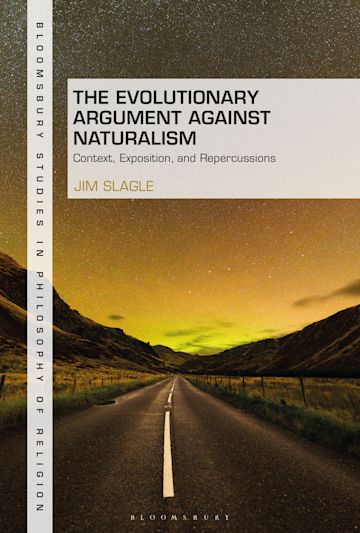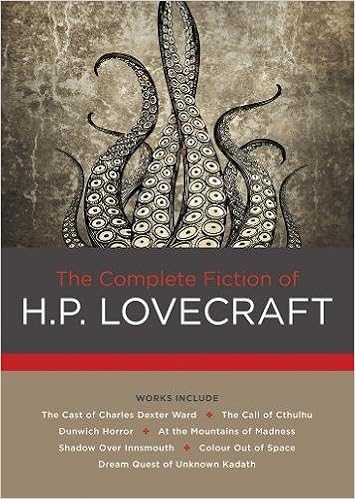A positive right, on the other hand, is the right to have something given to you, something that is not legally yours should become legally yours. So a positive right to property would be the right to have property provided for you. In conceptualizing a just society, which is the task of political philosophy, we have to figure out how to balance positive and negative rights so as to maximize justice and minimize injustice.
It seems to me that there are three issues regarding this which, together, make it impossible for any society to be just, except that it justifies by cynicism towards politics in general.
1. Positive rights are logically dependent on negative rights. You can have negative rights without positive rights, but you can't have positive rights without negative rights. Having the positive right to property but not the negative right to property would mean you get to have property given to you but not to keep it once it you get it. Having the right to be given X without having the right to keep X is the same as not having the right to X at all.
2. There is no such thing as a positive right that does not take away someone else's negative right. In order to have the positive right to X it means you have the right to have someone else's X taken from them and given to you, which means in turn that they don't have the negative right to X. Since the first point says you can't have positive rights without negative rights, this all but makes positive rights incoherent. Now I think this is the case, but I haven't really examined it to be confident in it. For the sake of argument, I'm just treating it here as if it were true.
Pretty clear so far, yes? Yay negative rights, boo positive rights, right? Can I hear an amen? But I said I had three issues and I've only mentioned the first two. So what is this third point? I hear you cry.
3. It is impossible for a society to be just without some positive rights. More emphatically, A civilization with only negative rights would be less just than one with certain positive rights. Some people are physically incapable of providing for themselves and in order for them to have minimal negative rights need some things provided for them. Do they have the right to these things? Some may disagree, but I say, emphatically, YES. To say they have the negative right to life but not the positive right to be given at least the bare minimum to retain their life is, I think, simply wrong.
The problem with this (at least in addition to those already mentioned) is that as soon as this is acknowledged, everyone wants in on it. People will say they have the positive right of having food -- which is necessary to retain their life -- provided to them, even though a) they have the ability to do what is necessary to get food, and b) this would mean taking food away from someone else who probably obtained it through their own efforts. That would be deeply immoral. So you'd have the draw the line somewhere, but there's no good place to draw the line, and at any rate, there's no way we could ensure that people who genuinely need positive rights to survive would get what they need, and that people could not defraud the system. The former is more important than the latter, but regardless, it's an impossibility. We would have to balance positive rights with negative rights to maximize justice and minimize injustice, which is what everyone is already trying to do and failing miserably. Hence, my cynicism.
















